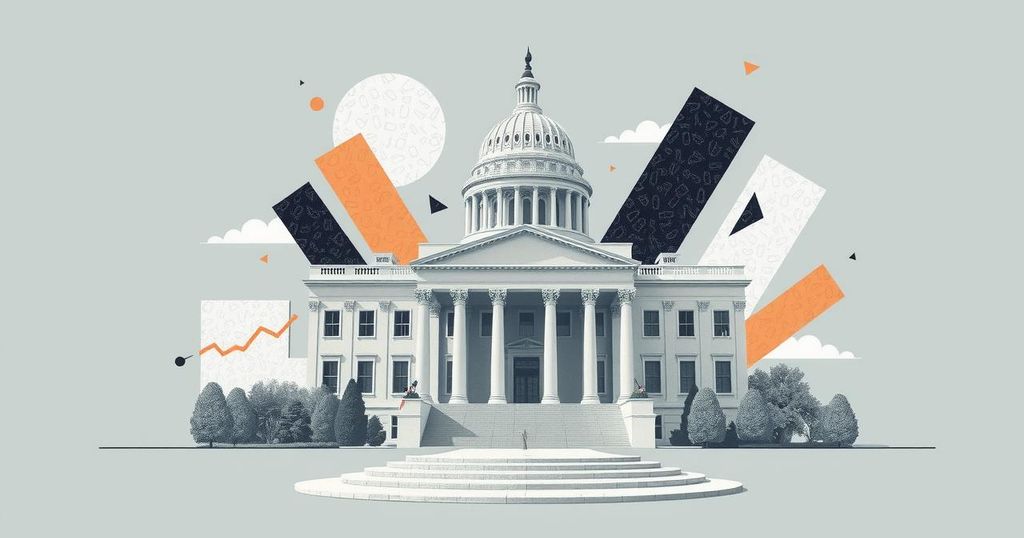Togo’s 2024 constitutional reform proposes a shift from a presidential to a parliamentary system, leading to significant political controversy. Opposition leaders decry the reform as a constitutional coup, while the government argues it enhances democracy. The unfolding conflict emphasizes the ongoing struggle over governance in the nation.
The constitutional reform proposed by Togo for the year 2024 has stirred significant political controversy as it seeks to transform the nation’s governance from a presidential to a parliamentary system. Under this new structure, the head of state will be elected by lawmakers instead of the electorate, prompting strong backlash from various political factions and civil society groups who view this change as detrimental to democracy.
Numerous opposition leaders have vehemently criticized the reform. Jean-Pierre Fabre, President of the National Alliance for Change (ANC), contended that this modification blatantly breaches constitutional articles. He asserted, “Enough is enough, it’s over. We’re going to fight. Everyone knows that they violated Articles 52 and 59 (of the constitution).”
Similarly, David Dosseh, a spokesperson for the Front Citoyen Togo Debout (FCTD), characterized the reform as a constitutional coup. He firmly stated, “Today, there’s a constitutional coup d’état taking place with impunity in Togo. But this time, we’re not going to accept it.” Brigitte Kafui Adjamagbo-Johnson, from the ‘Don’t Touch My Constitution!’ Front, echoed this sentiment, expressing her disapproval of the changes and emphasizing the potential for continued resistance should the reforms proceed.
In contrast, members of the ruling Union for the Republic (UNIR) party have defended the proposed reforms, asserting that they will foster greater democratic participation. Kouméalo Anaté, a lawmaker from UNIR, remarked that this initiative marks a new chapter towards a more inclusive democracy in Togo. Furthermore, Sénou Soklingbé, Vice President of the UNIR parliamentary group, sought to assuage concerns regarding the potential for indefinite presidential rule, insisting that it is a majority vote in the National Assembly that will ultimately dictate the leadership role.
In summary, Togo’s 2024 constitutional reform has ignited fierce opposition among political leaders and activists, who accuse the government of orchestrating a constitutional coup under the guise of enhancing democratic governance. The ruling party, however, defends the changes as a step toward an inclusive parliamentary system, further complicating the current political discourse. The outcome of this controversy remains to be seen as tensions rise between factions.
The political landscape in Togo is tense due to the proposed constitutional reform set for 2024, which transitions to a parliamentary system of governance. This move has elicited strong reactions from opposition leaders who view it as undermining democracy, while the ruling party defends it as a step towards greater inclusivity. The conflict highlights the struggle over governance in Togo, with potential implications for the country’s democratic future.
Original Source: globalsouthworld.com






